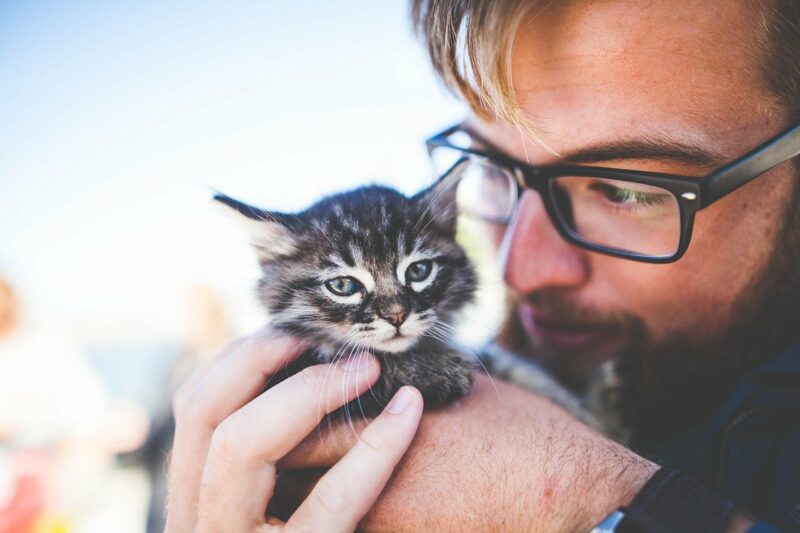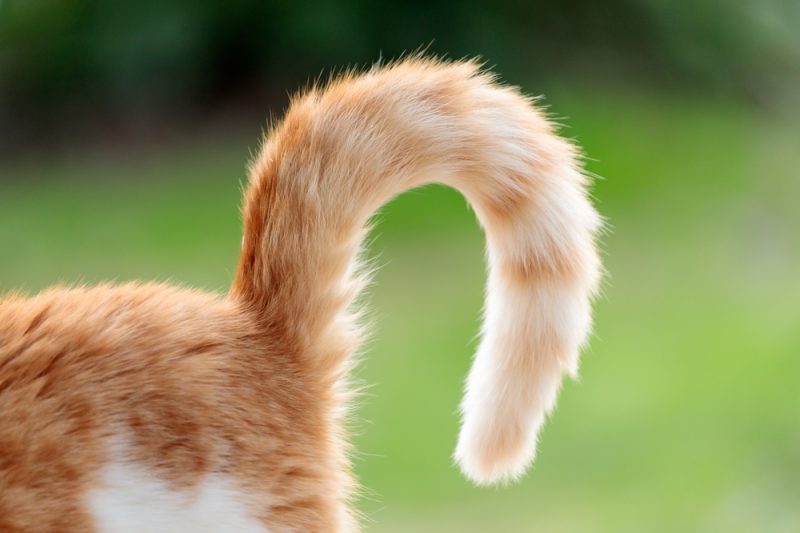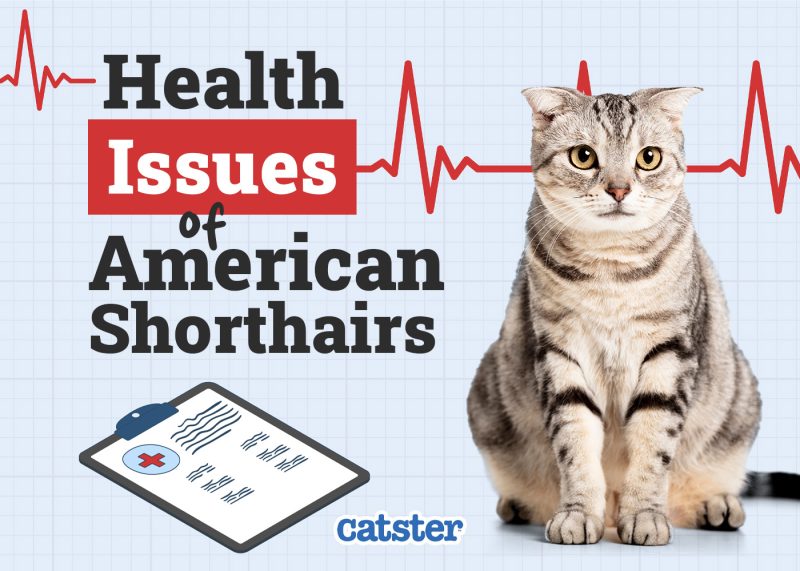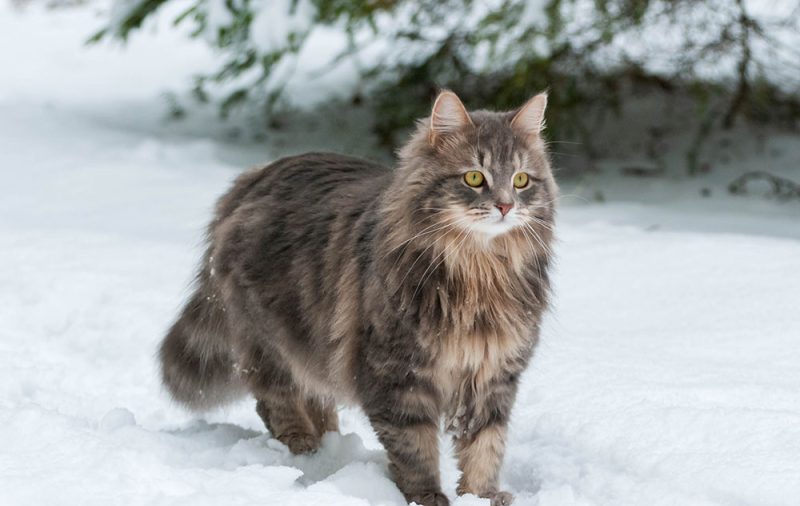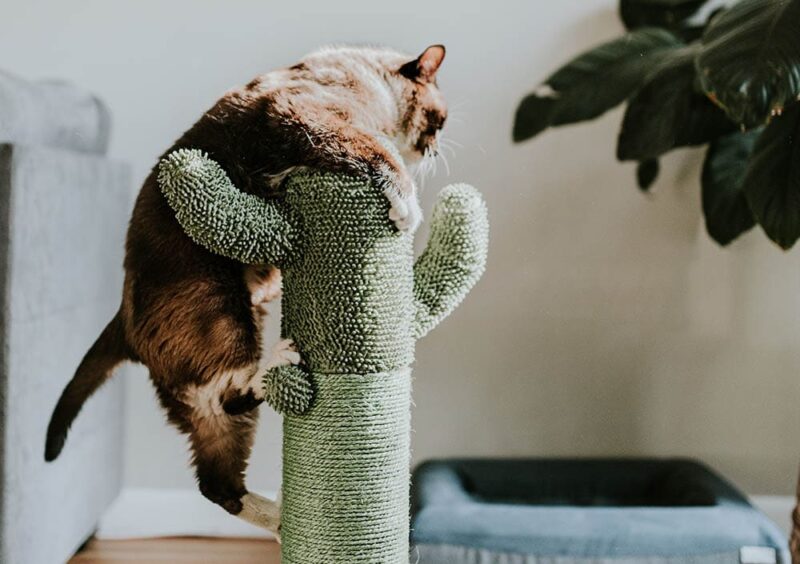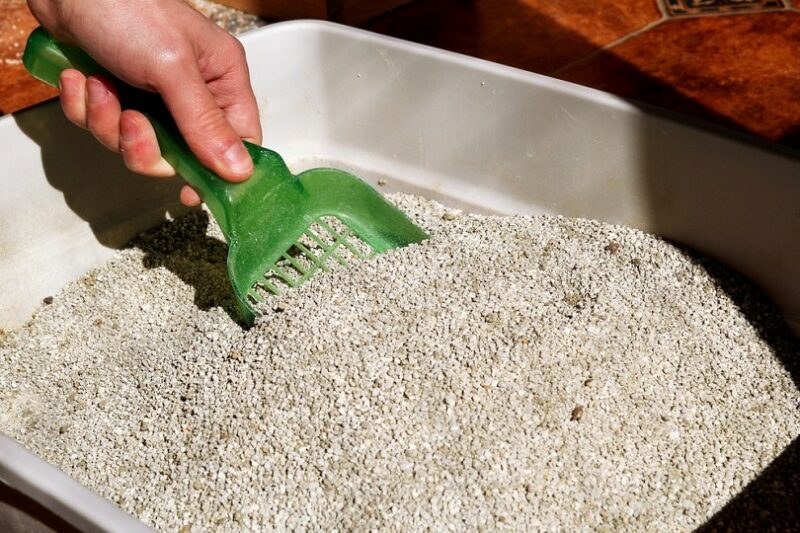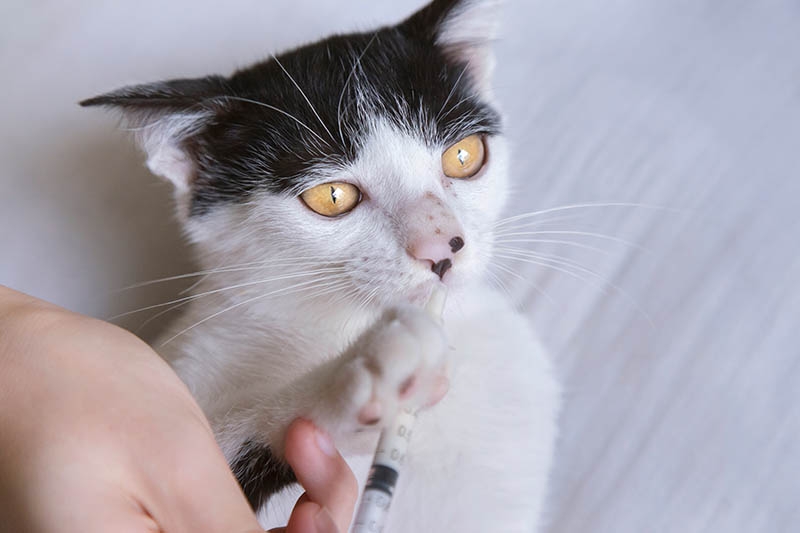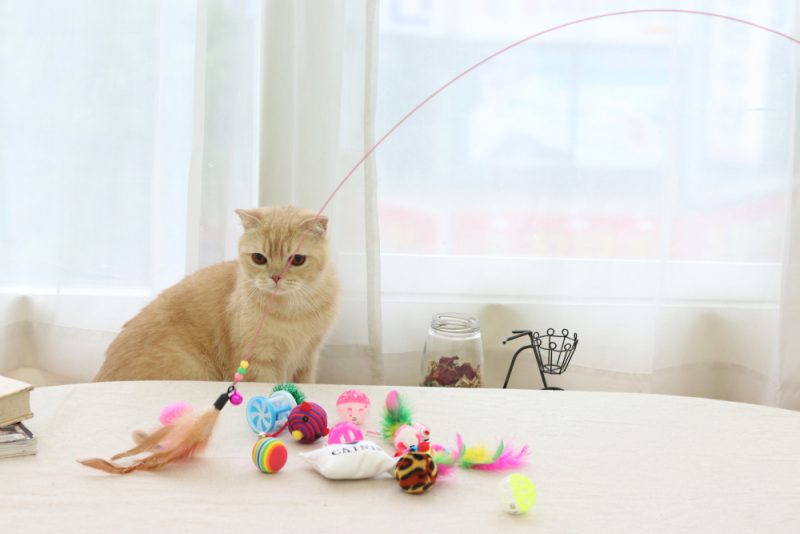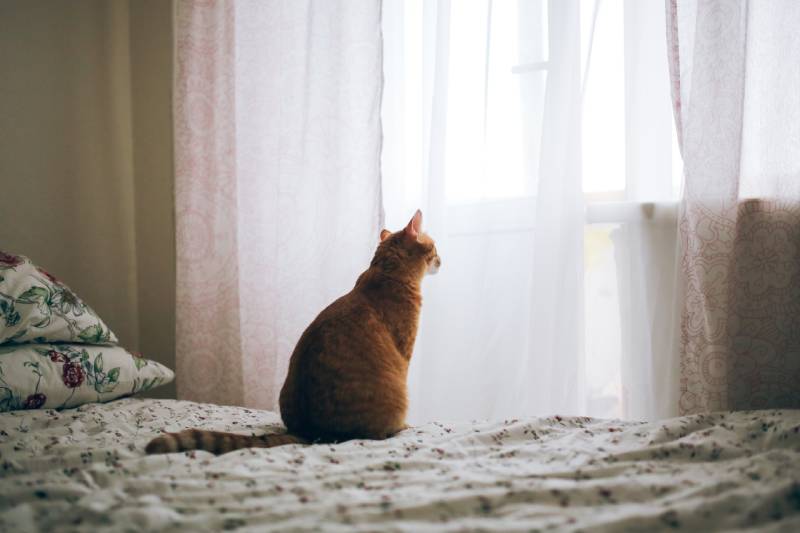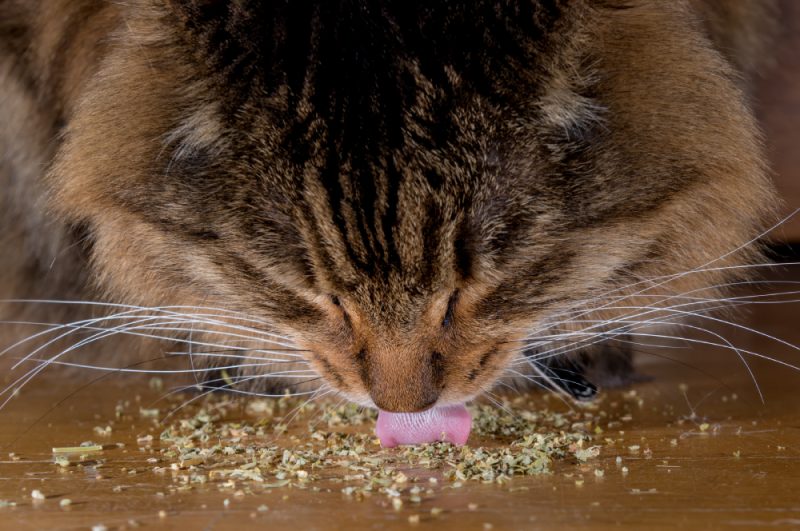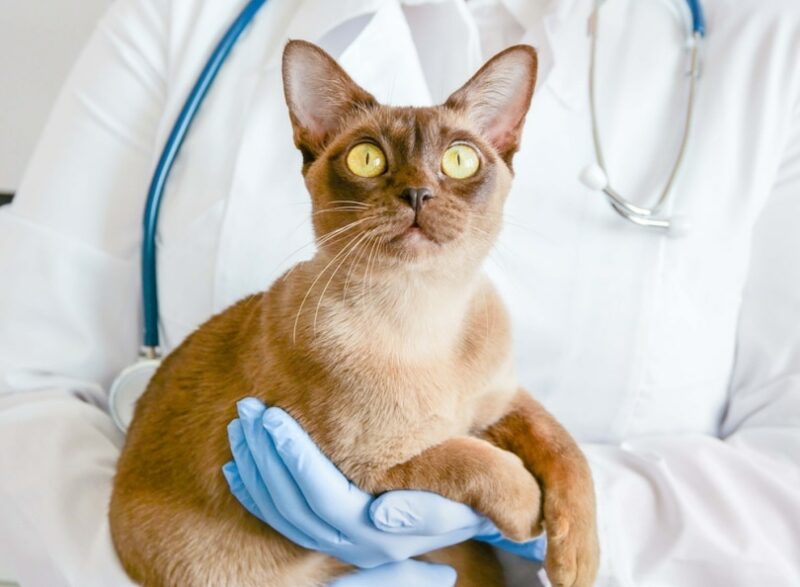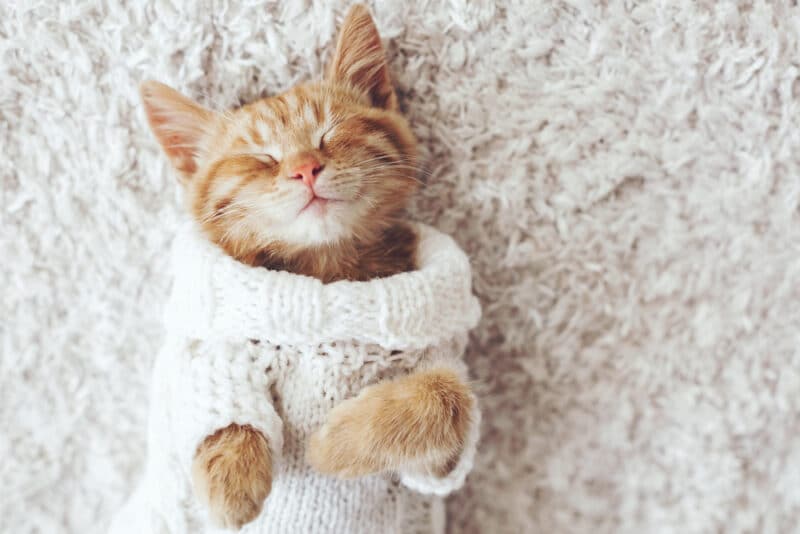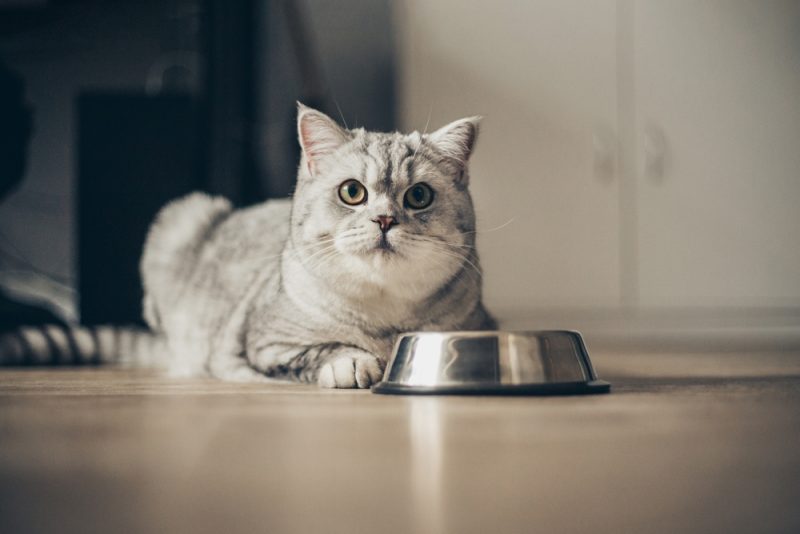Excited Cats advocates for adopting before shopping, though we fully understand there are many reasons for seeking a breeder. So, we encourage it to be done the right way. We have not personally visited or investigated all of the breeders below. We have put the top-recommended all in one place for you to get in touch and make the best decision for you. Learn more about our stance and how to choose the right breeder here.
So, you have decided to add a lovable, furry feline to your household. What do you do now? Rescue shelters are a fantastic starting point; however, understandably, they aren’t for everyone. If a rescue shelter isn’t a route you wish to take, then you would probably want to find a reputable breeder whom you can trust. Unfortunately, choosing the right breeder can be difficult.
The reason why it’s so important to find a reputable cat breeder is because it will affect the health and personality of the cat. Kittens have a critical “development window” from the age of approximately 3 to 8 weeks or so (with some estimations saying it’s somewhat narrower); during this age, the way a kitten is cared for and interacted with will likely have long-lasting effects on their sociability, trainability, and behavior in the future.
To ensure you find the right cat breeder, you likely need to ask a series of questions before committing. To make the process a little bit easier, we have come up with the most important questions you must ask. Let’s take a look at some of these questions.

The 13 Questions to Ask a Cat Breeder
1. Does the Breeder Have References?
The very first question you should ask is whether the breeder has references or belongs to a breed club. If the breeder can provide either of these things, you can easily find out whether or not they are reputable. If the breeder provides references, make sure to call them. If not, it’s best to find another breeder that does have references.
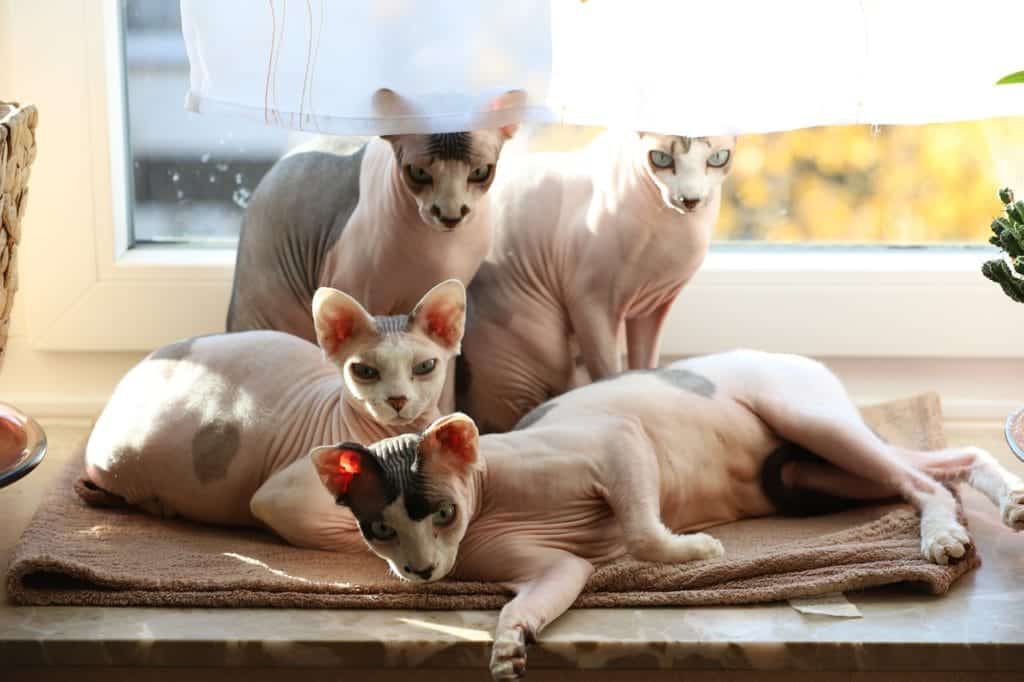
2. Are The Kitten’s Parents Certified?
Many purebred cats are at higher risk for genetic health conditions. A genetic health condition is something that is passed from the parent cat to the kitten. Some heart conditions, for example, are often passed on from parents to offspring.
To ensure healthy kittens, reputable breeders will have the parent cats evaluated by a veterinarian specialist before the breeding process. This tests the parent cats for diseases and certifies them as being low-risk. Knowing about the parents’ health will help you determine the health of the kittens too.
3. Can I Meet The Parents?
In addition to knowing whether the parents are certified, it’s a great idea to ask to meet the parents. This will give you a feel of the cats’ temperaments. The general temperament and disposition, along with the health of the mother (queen) are very important. Kittens pick up important skills and social skills from their mothers.
It may not be possible for all breeders to introduce the parents to you. If that’s the case, ask a follow-up question pertaining to why you cannot meet the parents. Sometimes, the answer is completely justified, whereas other answers leave room to doubt the breeder’s quality of care.
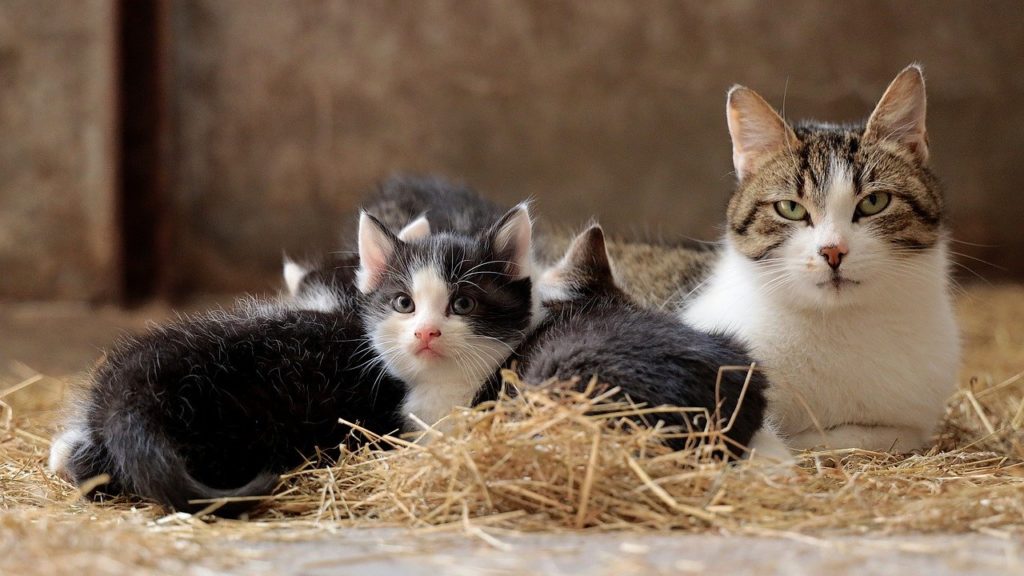
4. What is the Family Line?
In addition to the direct parents, it’s a great idea to ask about the cat’s family line. Kittens with a known family line are easier to predict in terms of their socialization and health. That is not to say your breeder has to have a family line, but it can help.
If your breeder has access to the cat’s family line, ask questions like how long the other cats lived, other health issues as they age, and socialization.
5. How Have the Kittens Been Socialized?
The socialization of animals from an early age is important. Ask the breeder exactly how they have socialized the kittens. Have they been socialized with other cats? Have they been socialized with other people? If the kittens have not been socialized by the time they are around 9-10 weeks old, they may not readily adjust to other animals or people.
In contrast, good socialization will likely make the cat much more people and animal-friendly. Given that some cats are a bit more finicky than other pets in the first place, kittens need to be socialized.
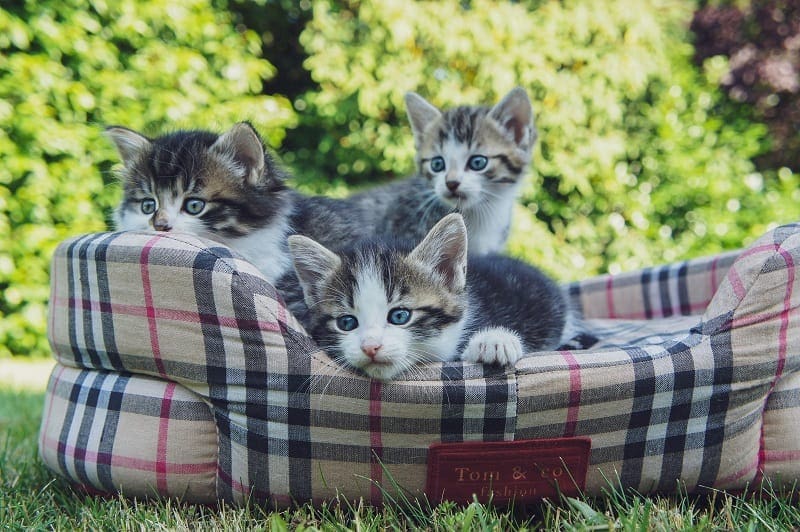
6. What Are the Kittens Being Fed?
Ask the breeder exactly what they’re feeding the kitten. If you decide to take the kitten home, you will want to feed them the same food for a couple of days to minimize risks associated with gastrointestinal disturbances. Whenever it’s time to change their diet, do so gradually.
7. Has the Kitten Seen a Vet? What did the Vet Say?
Once you establish that the kittens have been bred from reputable parents, you need to learn about the kitten’s medical history as well. This includes asking whether or not the kitten has already seen a vet. Reputable breeders will take the kittens to see a vet early on.
If the kitten has seen a vet, which they should have, also ask what the vet said. For example, was the kitten healthy? Did the veterinarian recommend any medications? Asking these sorts of questions will help you understand the health status of the kitten early on.
If you need to speak with a vet but can't get to one, head over to PangoVet. It's an online service where you can talk to a vet online and get the advice you need for your pet — all at an affordable price!

8. What Vaccines Have the Kittens Had? Have the Kittens Been Dewormed?
Kittens require special vaccinations and shots from an early age. Ask the breeder exactly what shots they have received and when the kitten will need their next shot. If the breeder does not know the answer to this question, that’s sometimes a sign that they are irresponsibly breeding cats.
A similar question to ask is whether or not the kittens have been dewormed. A veterinarian approved deworming plan is recommended for all kittens.
9. What is the Guarantee?
All reputable breeders will come with a guarantee. For example, breeders often come with a guarantee in the case that the kitten comes down with a severe illness after adoption. It’s important to ask this question from the beginning so that all bases are covered in the case of the worst.
10. What is the Breeder’s Contract?
Similar to the guarantee, your breeder should have a breeder contract. This ensures everyone is on the same page in the case that the cat comes down with an illness or you are unable to take care of the kitten at a later point.

11. Is Limited Registration Required?
This question is not relevant to everyone, but some breeders may require certain stipulations on the registration. For example, they may require you to get the cat spayed or neutered before it hits a certain age. It’s important to know this information beforehand.
12. What About the Health Certificate and the Certificate of Sale?
Because some states require a certificate of sale and a health certificate, ensure that the breeder provides this for you. If not, ask the breeder how you can go about getting one from a veterinarian.
13. Does the Breeder Have Any Recommendations?
Finally, the last thing you should ask your breeder is if they have any recommendations. A reputable breeder will have much more experience dealing with kittens than you. More specifically, they already have experience with your individual kitten. This can help you out whenever you bring your cute kitty home with you.

Final Thoughts
Finding a reputable breeder is imperative to finding a healthy and happy kitten. Asking the 13 questions above can make the process of narrowing down breeders easier. It’s best to ask these questions to multiple breeders to ensure you find the best option near you.
Featured Image Credit: Pixabay
